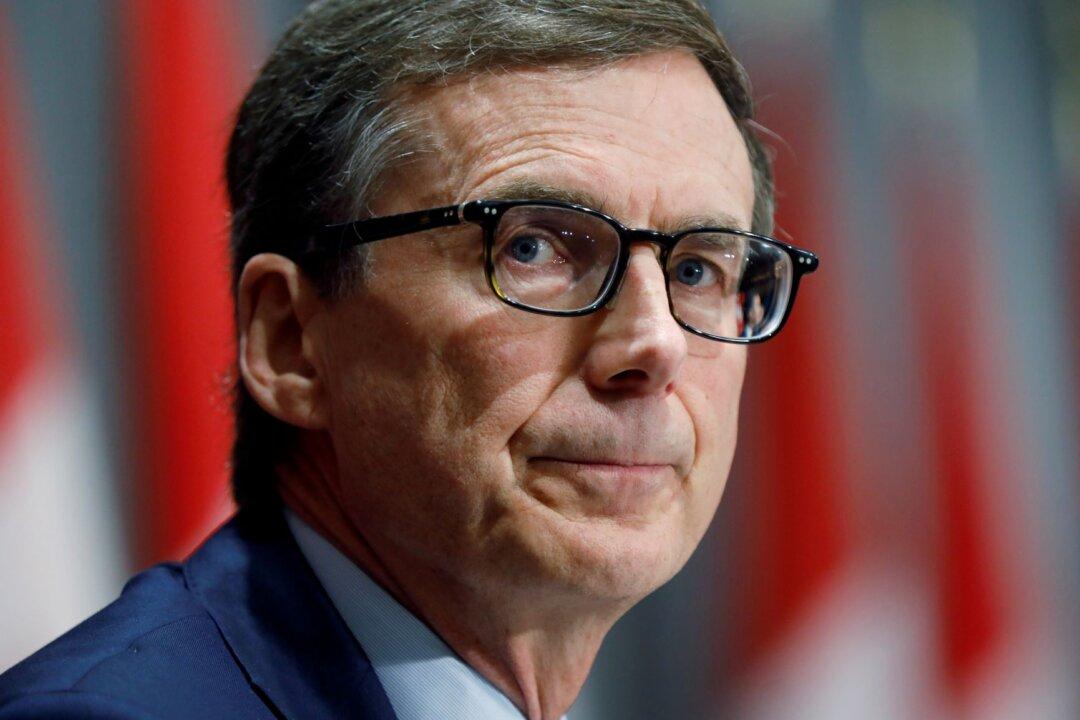TORONTO/OTTAWA—Newly appointed Bank of Canada Governor Tiff Macklem projected a halting economic recovery during an exclusive interview conducted before he was named, suggesting he will continue the central bank’s loose monetary policy approach.
Macklem spoke to Reuters in an extended interview on April 9. He has not spoken about future policy moves since being appointed on May 1 to a seven-year term, which begins on June 3.





